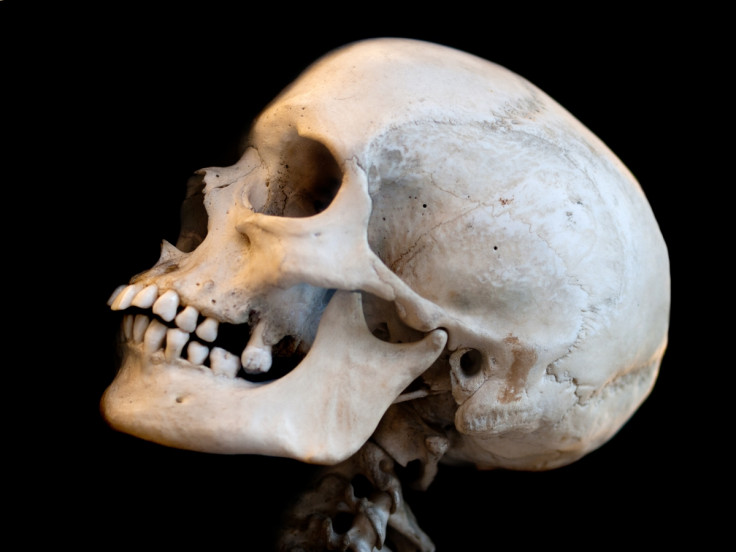Scientists to regrow skulls with stem cells and advanced 3D printing technology

Scientists in Australia are set to try out a "radical new procedure" where they regrow skulls using stem cells and 3D printers. The team from Western Australia plan to carry out the technique on patients who need cranial reconstructions. If successful, they say it would reduce the risk of complications and surgical time while also providing massive cost savings.
The team will carry out the procedure on patients at the Royal Perth Hospital. Participants include people whose skulls have been severely damaged, or who have had a piece of their skull removed for brain surgery. The first trial will be performed next year.
The procedure is part of an A$2m (£924,000, $1.5m) research funding grant that is split between nine health and medical projects in Western Australia. The money from the state government is being put towards research that will help to reduce costs and improve efficiency of Australia's public health service.
According to The Australian, the team includes a surgeon, two engineers, a neurosurgeon and chief scientist will work with a 3D printing firm based in Vienna to produce exact replicas of bone taken from the patients' skull.
Previously researchers had removed bone and stored it in a freezer so they could later replant it, but this often resulted in infection or resorption of the bone. Titanium plates are also used but are not ideal because eventually they degrade.
In the procedure, the scientists will print a bioceramic scaffold less than 100 microns (0.1mm) of the original bone then inject millions of stem cells, before fitting it to the skull. Neurosurgeon Marc Coughlan said this would be the first time stem cells have been used on a 3D printed scaffold to regrow bone.
"What we're trying to do is take it one step further and have the ceramic resorb and then be only left with the patient's bone, which would be exactly the same as having the skull back," he said.
Should it be successful, health minister Kim Hames said it would transform cranial reconstructions. "This project highlights some of the innovative and groundbreaking research that is under way in WA's public health system, and the commitment of the government to supporting this crucial work," he said.
© Copyright IBTimes 2024. All rights reserved.























